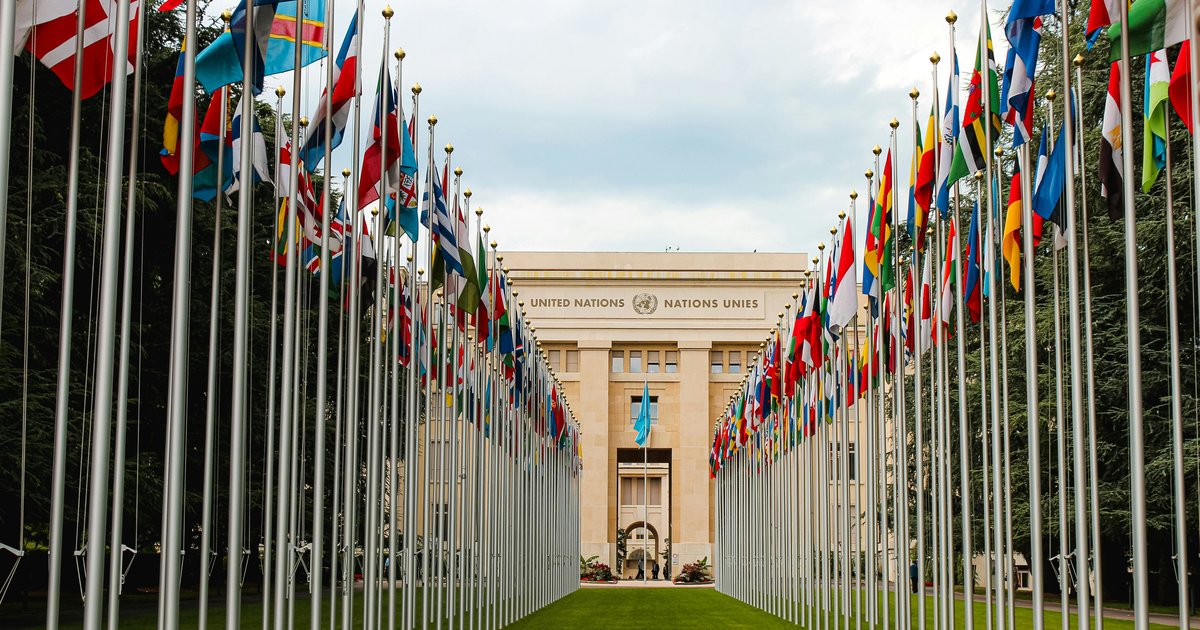The United Nations AI Advisory Council is calling for a global AI data framework.
The Council would like to see the agenda “developed through a process initiated by a relevant agency such as the UN Commission on International Trade Law and informed by the work of other international organisations”.
This is just one recommendation out of seven presented in a 100-page report, AI governance for humanitywhich the AI advisory board launched this month. Here are four more of the report’s recommendations.
1. An International Scientific Panel on AI.
“We recommend the creation of an independent scientific panel on AI, consisting of various multidisciplinary experts in the field, serving in a personal capacity on a voluntary basis,” write the report’s authors. Supported by the proposed United Nations AI office and other relevant United Nations agencies and in partnership with other relevant international organizations, the mandate of this group will include:
a.) Issuing an annual report that analyzes AI capabilities, opportunities, risks and uncertainties, identifying areas of scientific consensus on technological trends and areas where further research is needed;
b.) Developing quarterly thematic research summaries on areas where AI could help achieve the SDGs, focusing on areas of public interest that may be underserved; and
c.) Issuing ad hoc reports on emerging issues, particularly the emergence of new risks or significant gaps in the governance landscape.
2. Policy dialogue on AI governance.
“We recommend launching a bi-annual intergovernmental and multi-stakeholder dialogue on AI governance on the sidelines of existing meetings at the United Nations.” The purpose of this dialogue would be:
a.) Sharing best practices on AI governance that fosters development while promoting the respect, protection and fulfillment of all human rights, including pursuing opportunities as well as managing risks;
b.) Promoting common understandings on the implementation of AI governance measures by private and public sector developers and users to enhance the international interoperability of AI governance;
c.) Voluntarily share significant AI incidents that have stretched or exceeded the ability of state agencies to respond; and
d.) Discuss international scientific panel reports on AI as appropriate.
3. Exchange of AI standards.
“We recommend the creation of an AI standards exchange, bringing together representatives of national and international standards development organizations, technology companies, civil society and representatives of the international scientific jury.” The exchange would be tasked with:
a.) Develop and maintain a registry of applicable definitions and standards for measuring and evaluating AI systems;
b.) Debating and evaluating standards and their creation processes; and
c.) Identifying gaps where new standards are needed
4. The Global Fund for AI.
“We recommend the creation of a global fund for AI to bridge the AI gap,” the authors state. “Managed by an independent governance structure, the fund will receive and disburse financial and in-kind contributions from public and private sources, including through the Capacity Development Network, to facilitate access to AI enablers to catalyze local empowerment for the objectives of sustainable development (SDG). ).” These would include:
a.) Shared computing resources for model training and tuning by AI developers in countries without adequate local capacity or the means to procure them;
b.) Sandboxes and benchmarking and testing tools to integrate best practices in safe and reliable model development and data governance;
c.) Globally applicable governance, security and interoperability solutions;
d.) Datasets and research on how data and models could be combined for SDG-related projects; and
e.) A repository of AI models and curated datasets for the SDGs.
In making the case for the framework, the authors note “the world’s AI governance deficit.”
“Despite much talk of ethics and principles, patchwork of norms and institutions [under consideration] it is still developing and full of loopholes,” they add. “AI governance is crucial – not just to address the challenges and risks [inherent in AI]but also to ensure that we harness the potential of AI in ways that leave no one behind.”
The goal is noble and the report is worth a look.
#effort #underway #address #worlds #governance #deficit

